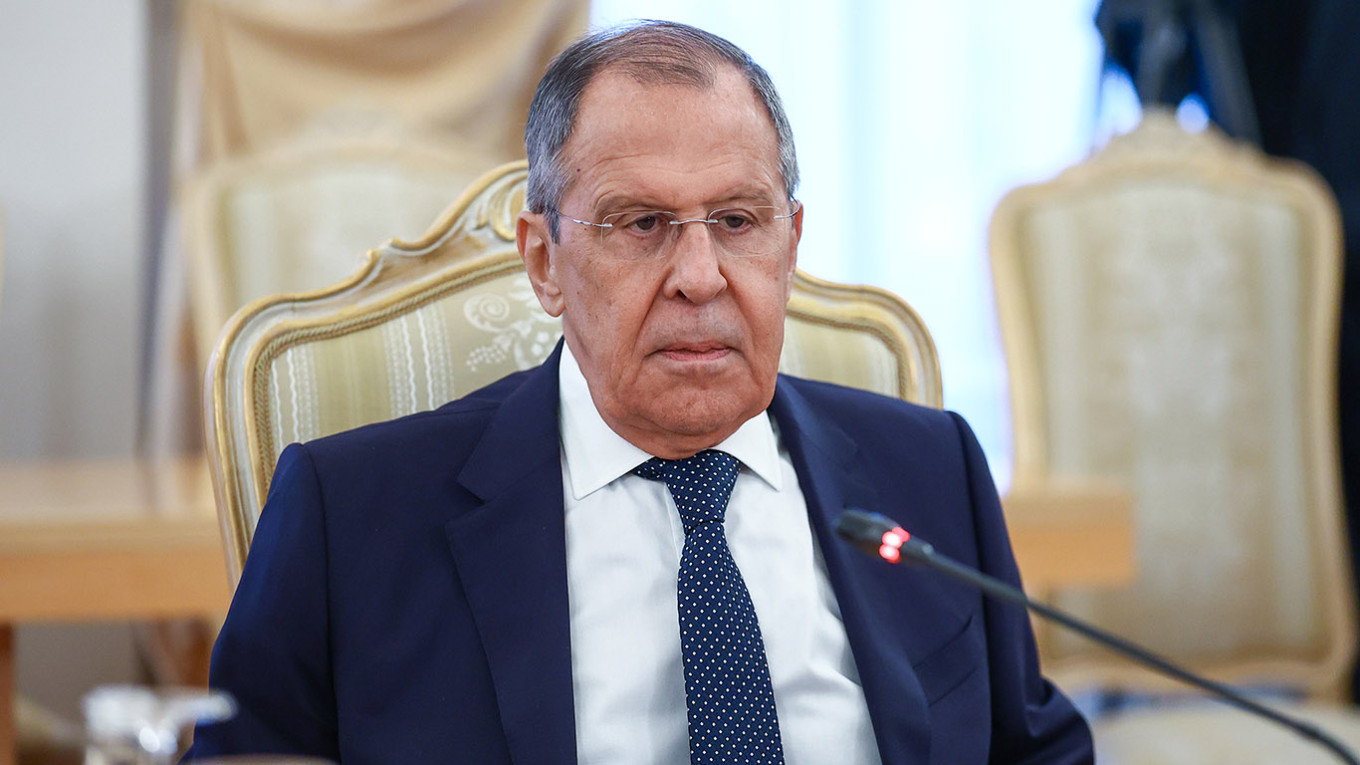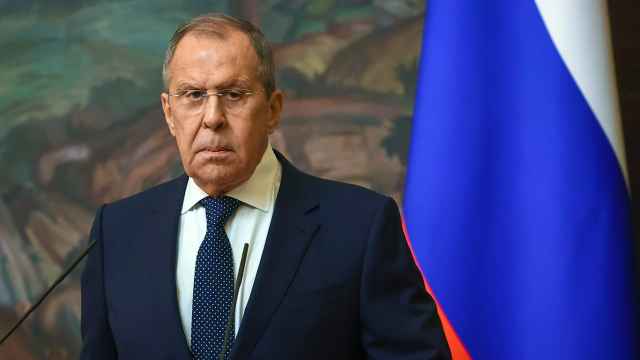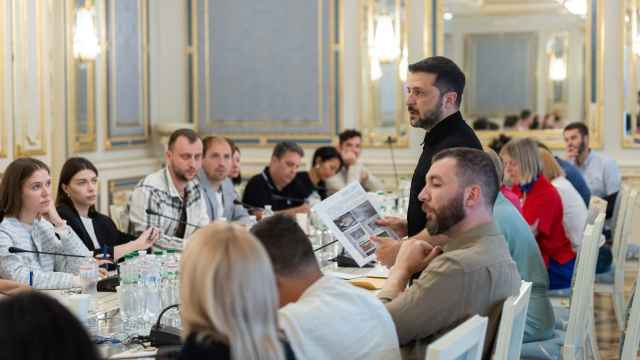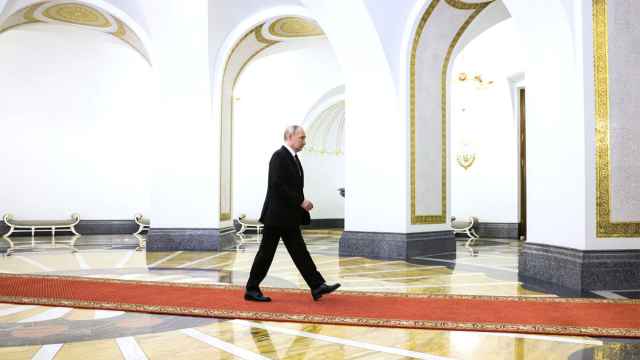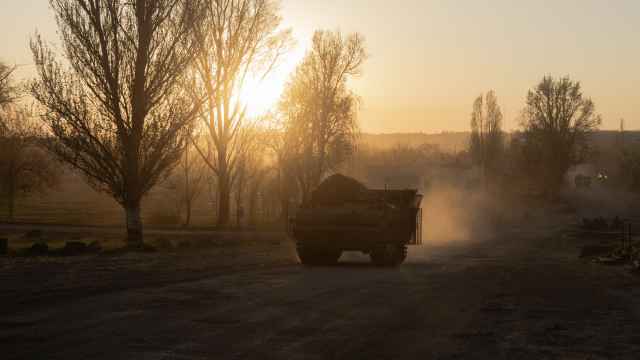Russian Foreign Minister Sergei Lavrov said Tuesday that President Vladimir Putin was open to meeting Ukraine’s President Volodymyr Zelensky, but stressed that preparations for high-level summits take time, even as European leaders indicated the talks are expected to take place within the next two weeks.
“We’re not refusing any kind of work format, neither bilateral nor trilateral. The president [Putin] has said that repeatedly,” Lavrov told state broadcaster Rossia 24 after U.S. President Donald Trump announced the day before that preparations were underway for a meeting between Zelensky and Putin. Trump said a trilateral session, including himself, would take place later.
The Kremlin has yet to confirm whether planning has begun for that kind of summit, issuing only a vague statement that it was “considering the possibility” of holding high-level “direct talks” with Ukraine following a phone call between Trump and Putin on Monday.
That conversation came after Trump ended an upbeat multilateral meeting with European leaders and Zelensky at the White House, during which the American president hinted that Ukraine could receive security guarantees as part of a potential peace deal with Russia.
Zelensky said on Monday that he is ready to meet with Putin.
Moscow has previously rejected direct talks with Zelensky, citing a 2022 decree that formally bans negotiations with Putin. An anonymous senior Ukrainian official told Politico Europe earlier this year that the decree aimed to “block Ukrainian politicians from freelancing talks with Russia,” but it does not prevent Zelensky personally from speaking with Putin.
“Any contacts involving top leaders must be prepared with the utmost care,” Lavrov said in the state media interview on Tuesday, even after Russia and the United States held a rapidly organized summit between Putin and Trump in Alaska late last week.
At the White House on Monday, German Chancellor Friedrich Merz said that a Zelensky-Putin meeting was expected to take place by the end of August.
Lavrov also criticized Ukraine’s language policies, which he claimed violate the rights of Russian-speaking Ukrainians, as well as condemned Kyiv’s European allies for overlooking the alleged rights abuses in the country.
At the same time, the Russian foreign minister praised Trump and his team for aligning closer with Putin’s insistence on addressing the “root causes” of Russia’s invasion, referring to Friday’s Alaska summit, where he described the atmosphere as “very good.”
Lavrov has previously described NATO’s eastward expansion after the collapse of the Soviet Union and Ukraine’s allegedly “anti-Russian” policies as the “root causes” of the war. He said any peace deal must take into consideration Russia’s national security.
“Without respect for Russia's security interests, without full respect for the rights of Russians and Russian-speaking people who live in Ukraine, there can be no talk of any long-term agreements,” he said.
A Message from The Moscow Times:
Dear readers,
We are facing unprecedented challenges. Russia's Prosecutor General's Office has designated The Moscow Times as an "undesirable" organization, criminalizing our work and putting our staff at risk of prosecution. This follows our earlier unjust labeling as a "foreign agent."
These actions are direct attempts to silence independent journalism in Russia. The authorities claim our work "discredits the decisions of the Russian leadership." We see things differently: we strive to provide accurate, unbiased reporting on Russia.
We, the journalists of The Moscow Times, refuse to be silenced. But to continue our work, we need your help.
Your support, no matter how small, makes a world of difference. If you can, please support us monthly starting from just $2. It's quick to set up, and every contribution makes a significant impact.
By supporting The Moscow Times, you're defending open, independent journalism in the face of repression. Thank you for standing with us.
Remind me later.


